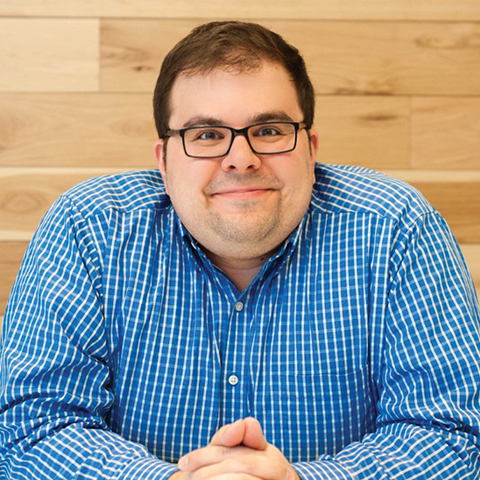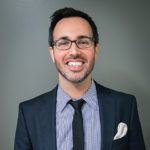At what point in your career did sustainability become important to you?
I started working at Vail [Colorado] resorts doing on-mountain special events right out of college. I was a skier and wanted to live in Vail, and that was the job I was able to get. I decided [the events industry] was something I wanted to pursue further and moved back down to Denver, where I am from, and was an event manager at the Colorado Convention Center for about three years. [After a stint working in Montana,] I moved to Seattle and worked for Freeman on Microsoft accounts. That’s where I started to make the connection between seeing the amount of waste and the kinds of opportunities in the event space.
It wasn’t as if Microsoft themselves were so over-the-top wasteful. I had seen a lot of fair-sized events at the Colorado Convention Center, but Microsoft’s were huge and there was a lot of travel. I was an integral part of the move-in/move-out process, and just seeing how different facilities across the country handled events was eye-opening. I had always appreciated the outdoors, but I didn’t really make the connection between what I was doing [and the environment] until then.
 How did you move into managing sustainability?
How did you move into managing sustainability?
In 2007, I moved back to Denver and pitched the idea [of creating a full-time position to develop and manage a sustainability program] to John Adams, general manager of the Colorado Convention Center. John asked me, “Well what would you do?” and I said, “I don’t really know, but let’s figure it out.” And lucky me, he agreed.
It was great timing, because the Democratic National Convention [DNC] was coming to Denver in 2008 and our mayor had announced that he wanted to have “the greenest conference in the history of conferences.” What was key is that it also gave me the opportunity to reach out within Denver outside of the event space and work with a lot of different local entities, like the mayor’s office. We started talking with all of the main venues that were going to be hosting the convention — just trying to get on the same page — and formed the Rocky Mountain Green Venue Partnership. There were just so many things that came out of the DNC that just spurred movements and collaborations that I really don’t think would have happened otherwise.
And at the same time, there were a lot of things starting to happen within the Green Meeting Industry Council. We went to Vancouver in the beginning of 2008 and kicked off the APEX/ASTM [Environmentally Sustainable Meeting Standards]. So I was able to really get involved from the very beginning there — that’s when I was co-chair of the venue committee to develop [the standards].
The Colorado Convention Center just was recertified LEED Gold for Existing Buildings operation and maintenance. We were the first venue to achieve ASTM certification. Visit Denver and the city of Denver were the first city to achieve it for a destination, and our AV and our food-and-beverage were the first [to receive ASTM certification]. If you come to Denver, you know you are coming to a sustainable destination.
You’ve accomplished a lot in your career. What are your goals for the future?
More and more companies are very vocal about having grand sustainability initiatives — and then I see [their] events coming to the facility I am working in and they don’t have these practices in place, or their event team hasn’t necessarily made that connection. That is something I’m really interested in exploring — how do we raise that awareness?
Even though maybe the foundation has been set, I feel like there’s still so much work to be done in these very basic areas. Sometimes I joke, “How can we still be getting paid to teach people how to recycle?” But the amazing thing is that we’re still just at the tip of the iceberg with just these very basic things.


